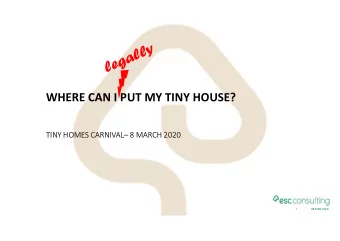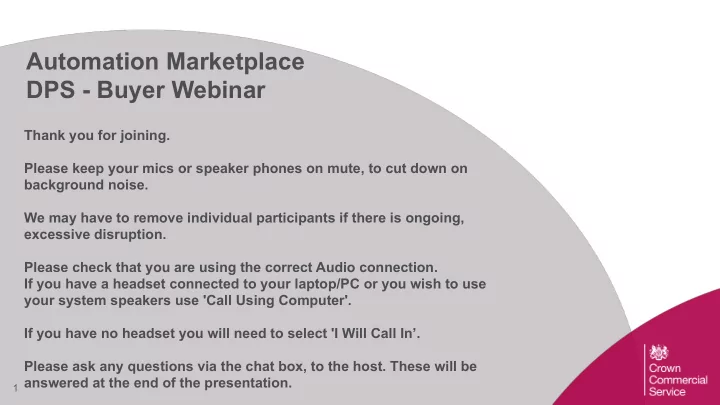
Automation Marketplace DPS - Buyer Webinar Thank you for joining. - PowerPoint PPT Presentation
Automation Marketplace DPS - Buyer Webinar Thank you for joining. Please keep your mics or speaker phones on mute, to cut down on background noise. We may have to remove individual participants if there is ongoing, excessive disruption.
Automation Marketplace DPS - Buyer Webinar Thank you for joining. Please keep your mics or speaker phones on mute, to cut down on background noise. We may have to remove individual participants if there is ongoing, excessive disruption. Please check that you are using the correct Audio connection. If you have a headset connected to your laptop/PC or you wish to use your system speakers use 'Call Using Computer'. If you have no headset you will need to select 'I Will Call In’. Please ask any questions via the chat box, to the host. These will be answered at the end of the presentation. 1
RM6173 Automation Marketplace DPS - Buyer Webinar 26th March 2020 2
What do I need to know? Introducing Crown Commercial Service (CCS) ● Overview of the agreement ● What is a DPS? ● ● The Contract – how does it work? What can I buy? ● Examples of potential buyer scenarios ● ● How do I buy? ● Q&A 3
Introducing Crown Commercial Service We help organisations across the entire public sector save time and money on buying their everyday goods and services. How do we do this? We offer: ● commercial expertise ● a range of commercial vehicles supporting frontline services ● significant savings and time saving ● customer focused ● ‘OneGov’ approach to buying 4
Overview of the DPS ● The Automation Marketplace DPS was developed in partnership with Cabinet Office who ran the previous RM3838 Robotic Process Automation agreement. ● The DPS is needed to provide customers with access to Suppliers who can plan, design and implement automation into their systems and processes ● ● Services offered include: Automation Roadmapping, Automation Business Case Development, Robotic Process Automation, Analytics and much more . This agreement can be used by the whole of the UK public sector and associated ● bodies & agencies. 5
What is Automation? Automation AI Making hardware/software that is capable of doing things automatically Making hardware/ software mimic and supersede human behaviour and and with no human intervention intelligence Setup machines to perform repetitive, monotonous tasks and they Setup machines to be more “intelligent” by constantly seeking patterns keep performing these same tasks (like humans), learning from experience (like humans) and self-select the appropriate responses in situations based on that (like humans) Why Automation in the public sector? ● With its hundreds of processes, the government and public sector lends itself particularly well to intelligent automation. The five business areas that respondents expect will benefit most from this type of automation are operations (77%), customer service (63%), decision support (62%), IT (61%), and finance (53%). (https://www.oracle.com/a/ocom/docs/artificial-intelligence/hbr-pulse-survey.pdf) ● The 2019 Spending Review highlighted automation and AI as key priorities for government departments and the wider public sector as a way of achieving savings and increasing efficiency and productivity of the workforce. (https://www.itesoft.co.uk/blog/spending-review-2019/) 6
Aims and objectives of the DPS ● To build on the success of Cabinet Offices’ RM3838 agreement which is due to expire in August 2020. ● To provide value for money, with increased scope and scalability within the automation space. ● To offer industry best practice and provide innovative solutions across a diverse range of business needs. ● ● To cater for all automation needs in one flexible agreement. ● Buyers across the public sector will commission and manage their own automation services. ● ● Understand the changing market and anticipate future Buyer needs 7
What is a Dynamic Purchasing System (DPS)? ● It is an electronic procurement procedure used to develop contracts for goods and services commonly available on the market. ● ● Requirements are divided into filters for goods and services. ● Covers the pre-qualification stage of the procurement process – Selection Stage. ● The DPS is set up using the restricted procedure and some other conditions as set out in Regulations 28 (Restricted Procedure) and 34 (Dynamic Purchasing Systems) of the Public Contracts Regulations (2015). 8
Key benefits of this DPS ● Simpler, quicker process – accessible for both SMEs and other Suppliers seeking opportunities to provide services to the public sector ● Automated, electronic process – streamlined electronic buying process ● Flexible – allowing Suppliers to join at any time during the term ● Choice - increased scope/scale of service offerings and access to Buyers across 1,400 public sector organisations ● Filtering of Supplier offering - ensures Suppliers receive notifications of competitions that are relevant to their service offerings ● Dynamic – Buyers can create bespoke specifications, competitions and contracts ● Efficiencies – reduces Buyers costs and process cycle times 9
The DPS Contract* The standard terms should be used for all CCS dynamic purchasing systems for common goods and services. The DPS Contract is an agreement between CCS and the Supplier. The standard terms are made up of: 1) Core terms - The DPS core terms form part of the DPS Contract with CCS and any DPS Order between a Buyer and Supplier. These must be used in every contract. 2) Schedules - The schedules are split into 2 groups: DPS schedules (all mandatory) and Joint schedules (most are mandatory). 3) Forms - The DPS Appointment Form is customised to include important information about the DPS Contract (including the Special Terms). *All documents available here 10
The Order Contract* This is a separate contract from the DPS Contract and is between the Supplier and Buyer. It survives the termination/ expiry of the DPS Contract. These standard terms are made up of: 1) Core terms - The DPS core terms form part of the DPS Contract with CCS and any DPS Order between a Buyer and Supplier. These must be used in every contract. 2) Schedules - The schedules are split into 2 groups: Order schedules (some are optional) and Joint schedules (most are mandatory). 3) Forms - The DPS Order Form is customised by the Buyer to include important information about the Order Contract. *All documents available here 11
What are the services you can buy? ● This DPS will enable customers across the public sector to buy a range of automation services, technologies and licences. ● ● Buyers will be working with Suppliers to plan, design, build and manage their live automation services (and licences). ● ● Products and services out of scope include but are not limited to : ● any hardware and infrastructure; ● hosting and networks; ● or connectivity services. ● 12
What are the services you can buy? Some examples of services you can buy under the DPS are: ● Business Strategy and Change Management The Supplier shall provide and establish strategic consultancy support across any aspect of the business to minimize any negative effects of change. This is to effectively institute a change management strategy, including the recognition, approval, implementation and monitoring of changes to ensure they have brought about the desired effect. ● Robotic Process Automation The Supplier shall provide the capability to automate business processes with software that acts as a ‘virtual person’ to speed up part of a process or re-imagine an end to end process. ● Training In-House Capability with Digital Skills The Supplier shall provide training to upskill relevant business employees to equip them with the relevant and necessary digital skills to take on the development, implementation or configuration of automated solutions. ● Analytics Licences The Supplier shall provide software licenses with the capability of analysing data, through discovery, interpretation and communication of meaningful/relevant patterns in data and providing insight, which can be used to inform business decisions around improvement and/or change. 13 For a full list of services under the DPS please see DPS Schedule 1 - Specification
Buying process overview Accessed through DPS Platform Accessed through Buyer esourcing tool or CCS esourcing tool 14
The platform 15
The platform 16
How do you buy? Buyers will run a mini-competition or mini-tender - no option for a direct award Inform Capable Customer Award Customer use Publish call CCS of DPS evaluates to the platform to filter and for contract Suppliers Supplier chosen award shortlist Suppliers competition respond responses Supplier details ● Buyers who want to use the Automation Marketplace DPS Agreement must follow a mini competition process. ● ● We encourage Buyers to run their mini competitions through the free CCS eSourcing tool. Guidance can be found on gov.uk: https://www.gov.uk/government/publications/esourcing-suite-guidance-for-customers ● Buyers invite all eligible Suppliers to bid . Buyers must provide all eligible Suppliers with details of mini-competition in accordance with DPS Schedule 7 (Order Procedure and their Award Criteria). ● Suppliers will submit their responses including prices for order contracts (e.g. against the SFIA grade structure set out in Annex 1 of DPS Schedule 1 (Professional Services)). ● Buyers must apply the Order Award Criteria to compliant tenders ● Buyers will award the contract to successful Supplier. 17
Recommend
More recommend
Explore More Topics
Stay informed with curated content and fresh updates.
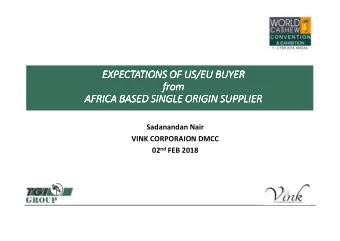
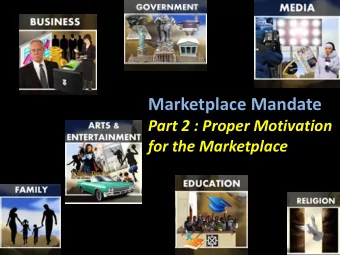
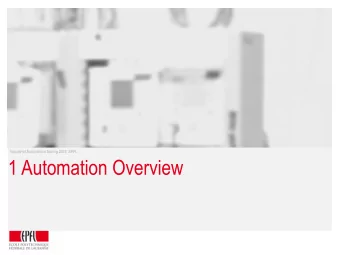
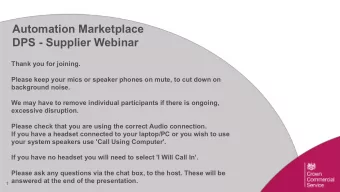
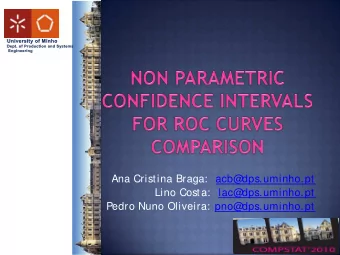

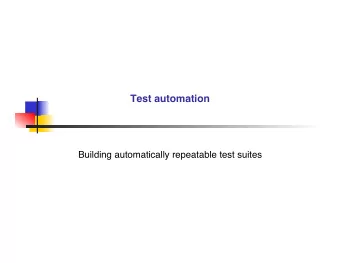
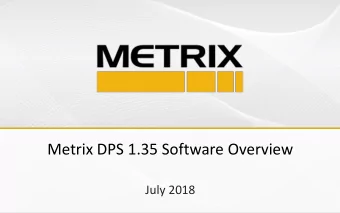
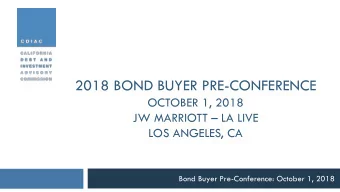

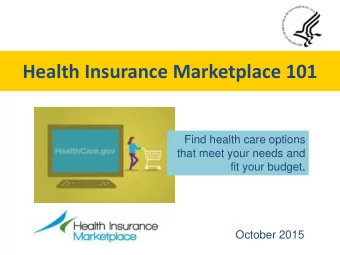
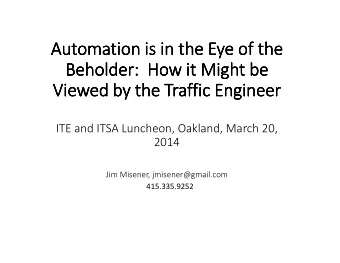
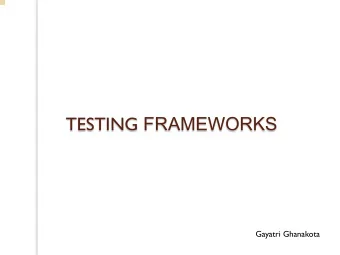
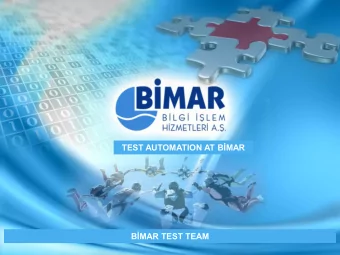
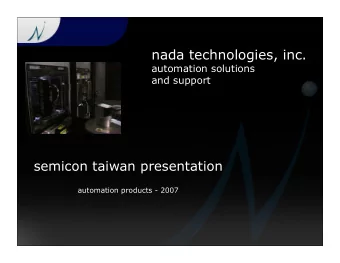
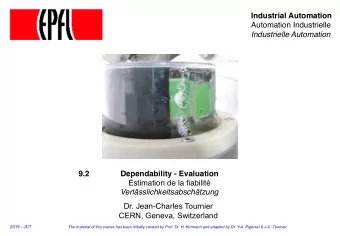

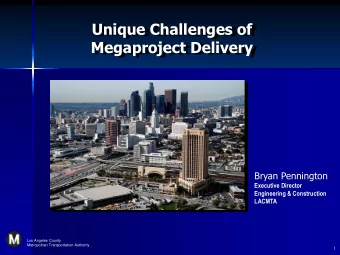

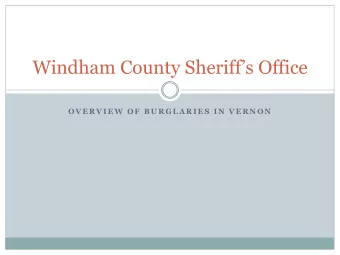
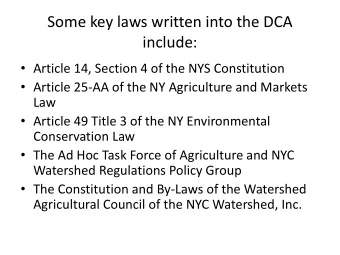
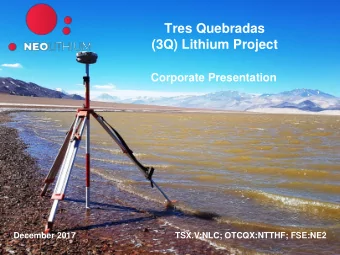
![Consumers Perspec/ves on ] TransGrids Revenue Proposal](https://c.sambuz.com/559064/consumers-perspec-ves-on-s.webp)
